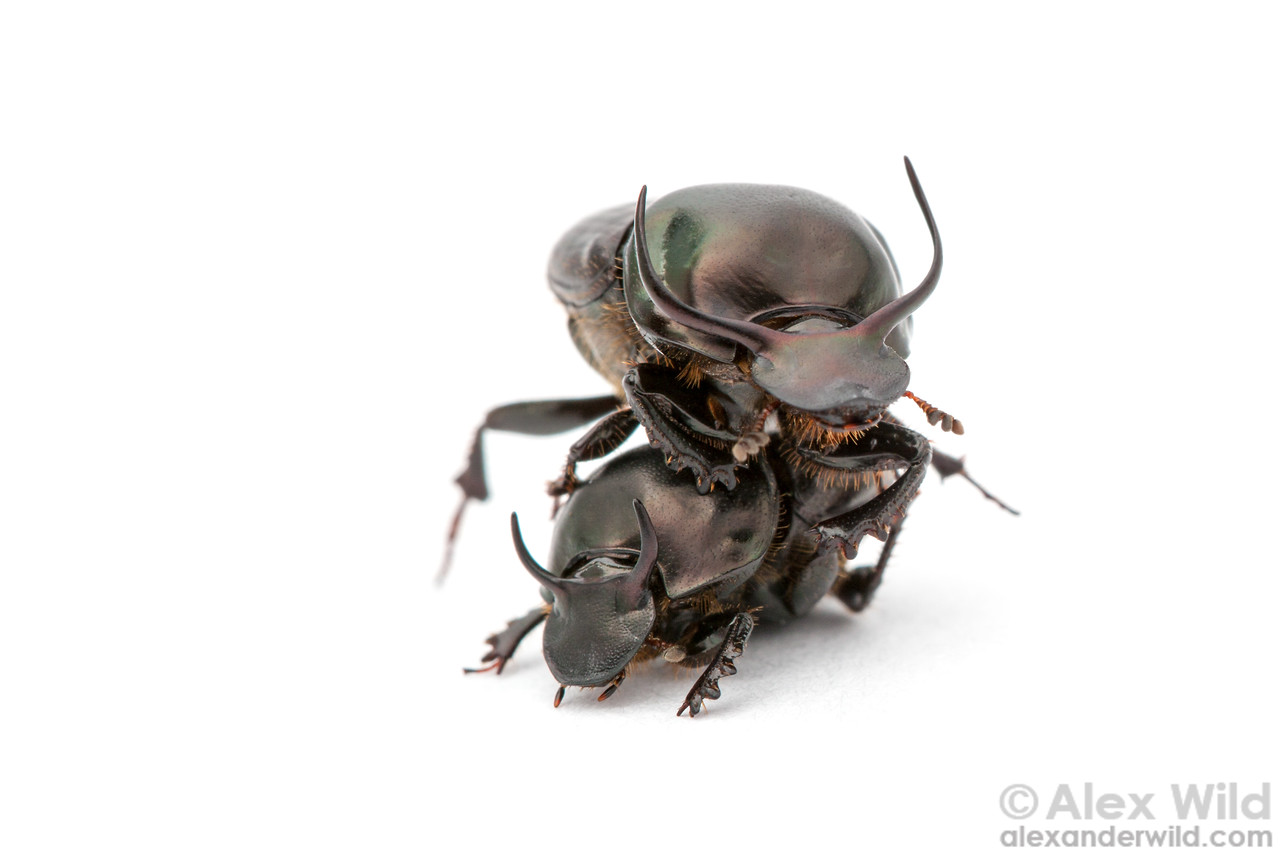Genomic mechanisms and evolutionary consequences of developmental plasticity in horned dung beetles
Armin Moczek
Indiana University Bloomington, USA
Developmental plasticity is an important product of evolutionary processes, allowing organisms to maintain high fitness in the face of environmental perturbations. Once evolved, plasticity also has the potential to influence subsequent evolutionary outcomes, e.g. by shaping phenotypic variation visible to selection and facilitating the emergence of novel trait variants. In this presentation I will explore both genomic mechanisms and evolutionary consequences of plasticity in horned dung beetles in the genus Onthophagus, in three parts: First, I will explore the role of environment-sensitive chromatin remodeling as a likely common but vastly understudied mechanism facilitating condition-sensitive development. In horned dung beetles, chromatin remodeling is widespread as a function of nutrition, sex, and body region, and evolves rapidly even among closely related species. Second, I will discuss how post-invasion evolution of plasticity in an invasive Onthophagus species contributed to rapid range expansion and concurrent local adaptation of important life-history traits to novel climatic conditions. Finally, I will document that two types of environment-modifying behaviors of larval Onthophagus mask heritable variation for life-history traits within populations, thereby facilitating the accumulation of cryptic genetic variation which may be released and become selectable when these behaviors are compromised. Together, this work documents the power and versatility of horned dung beetles as a study system with which to explore the varied mechanisms and consequences of plasticity in development and evolution.










You must be logged in to post a comment.